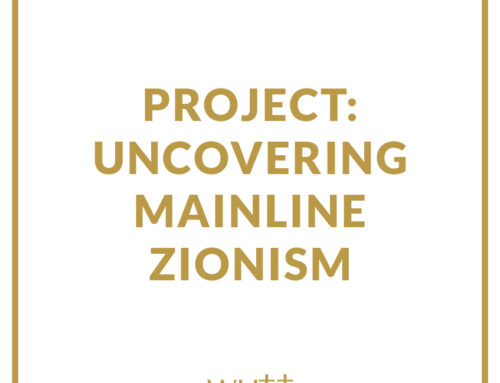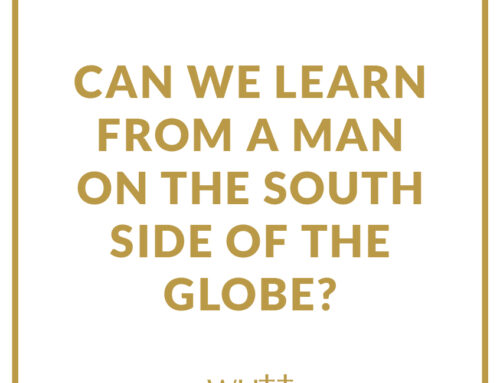Dozens of riverboats motor on the south Nile (upstream) between the site of the great
Tourists and Egyptian vendors both become lost in the antiquities and the mysterious value of the coveted dollars we exchanged for tours and good Egyptian fare. A thousand improbable yarns get spun here every day, stirred in with some that are true–much like the American press, the telltale mixture of small truths and big yarns. Every non Arabic-speaking tourist is likely to be fleeced by at least three expert marketers or he has not been to
In contrast to the tourist’s life, reality is very near at hand by the river and farm people living on and working the
Most of those in the tourist industry do not want to think or talk about Day911 or anything political. It has all but ended American and British visits. Any political talk might risk a big tip or even a job. How do thinking Egyptians on the Nile feel about
Few Americans, if any, are on the cruise boats. Neither are many of our warring allies from
We learned Emir is a devout Coptic Christian with a clear understanding of Christ’s message and a desire to follow Him. In religion he is unlike the vast majority of the Muslim crew, being more outspoken. He didn’t quite hide his bitter feelings toward Americans, which is probably why he tours only Brits. He came close to telling us so.
When aroused in a discussion he reasoned “everybody can see what is happening even if no one will talk about it.” When I pumped him for exactly what he meant he said in some heat “the American foreign policy is behind all the problems in world, including the terrorism on Day911.” He went on to say he had been denied a visa to visit an American doctor friend in the
I told Emir that I agreed with him and often write about his side, being part of an organized movement trying to do something about it. He retorted pointedly, “Oh, why did you let it happen? What about your great democracy where you can vote? Why didn’t you stop it (the killing)?” Emir doesn’t trust the US and he didn’t quite trust us. But anyone who comes here will be impressed at how well Americans are treated. He is more wise than innocent.
Tolerance is skin-deep for many like Emir who thinks and stands among the brightest. When I looked at the rest of the crew, I wondered how many more think like Emir but keep quiet. It’s true that the mercenary tourist agents will welcome every returning American guest if the crisis will only blow over. They have figured out that the American dollar is king. With the tourist dollar some can elevate themselves from a poor but fed agrarian class. Most in tourism will never let it show if they have any resentment. Thank God for Emir who told us the truth. We have found several others like him here in
The last night at dinner on board, we received a reward for the time spent talking to Emir. He told us he had read two of our articles and though he had a swarm of questions, he believes we understand “the Middle Eastern problem.” Emir told us his e-mail address, but says the cost limits his usage. He told us that he will be “hoping for our success.” However, he thinks our chances are slim.
Emir wonders why we should ever criticize another Christian when there are so few. Coptic and Catholics make up only a small minority with little political force here, and Emir thinks they should stick together at all cost. He has no concept of Judeo-Christianity and finds it as alien to him as the occult religion of the Pharaohs who built the monuments he shows the Brits for his living. He would make a strong friend. Oneeda asked him to pray and not just hope and to get his friends to help. I think Emir may do so.


